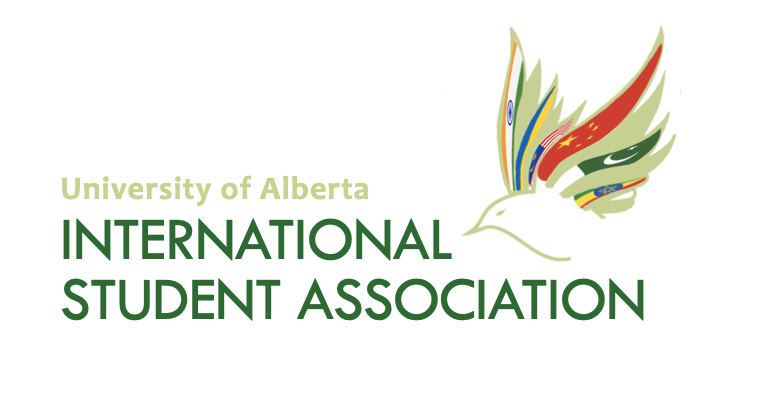 supplied
suppliedOnline classes have affected everyone, but for international students, there are inherent and unique challenges that unfairly prevent them from learning.
To respond to these issues, Chanpreet Singh, the president of the International Students Association (ISA), wrote an open letter to the university asking for change. The main issues raised in the letter center around live lectures, participation marks, and remote proctoring.
Since the letter was made public last month, the university still has not addressed its concerns.
This is unacceptable, considering that over 9,000 U of A students are international students. For such a large group of the community, efforts to make accommodations need to be made.
The solutions posed by the ISA include banning remote proctoring software, mandating the recording of live lectures, and prohibiting participation grades. For domestic students, these aspects of online learning may seem like growing pains, but they disproportionately affect international students studying in their home country.
Included in the letter as well were endorsements from the Chinese Students and Scholars Association, Black Students’ Association, Indian Students’ Association, and the Vietnamese Student’s Association among others. These statements, as well as support from the Students’ Union, reflect the importance of these issues and how urgently they need to be resolved.
The SU has effectively begun to explore the drawbacks of online learning. In particular, David Draper, vice-president (academic) has been vocal in Students’ Council about remote proctoring and ensuring that workloads are consistent across courses. For example, classroom material delivered should not exceed the amount of time that would have been allotted in the actual classroom. This is a strong first step towards bridging the gap for international students.
Of course, there are concerns about the logistics of implementing these policies. Issues that arise when discussing recording of lectures include privacy and academic freedom. Should professors choose to record their lectures outside of their personal use, they would likely run into issues with the Freedom of Information and Privacy Act (FOIPP), in addition to challenges around gaining student’s consent to be recorded.
However, the needs of all students should come first. Defending the privacy and academic freedom of certain students over the learning ability of others creates an unfair standard. These policies explicitly favour the learning environment of domestic students over international students. Not to mention, they were written in the past without a global pandemic in mind. Therefore, unique measures have to be taken by the university administration in order to lessen the burden on international students.
Furthermore, there are better ways for professors to gauge participation in their classes. Factors that are outside of student’s control, such as time zones and reliable electricity, should not be able to hinder that.
Concrete solutions, or at least progress towards that, could have been made by the university administration over the extended winter break. Instead, students returned to their live lectures faced with the possibility of being assessed through Student Exam Monitoring (SEM) or ExamLock.
Rectifying this would not be impossible. You only have to look towards the University of Calgary, who did not support online proctoring back in Fall 2020. In addition, the U of A’s own Centre for Teaching and Learning offers plenty of useful information and resources. This would be the perfect place to add further alternatives for professors to consider.
The demands of the letter need to be met without further delay. The international students of the university do not deserve to inconvenience themselves with another difficult semester of unaccommodated online learning.




